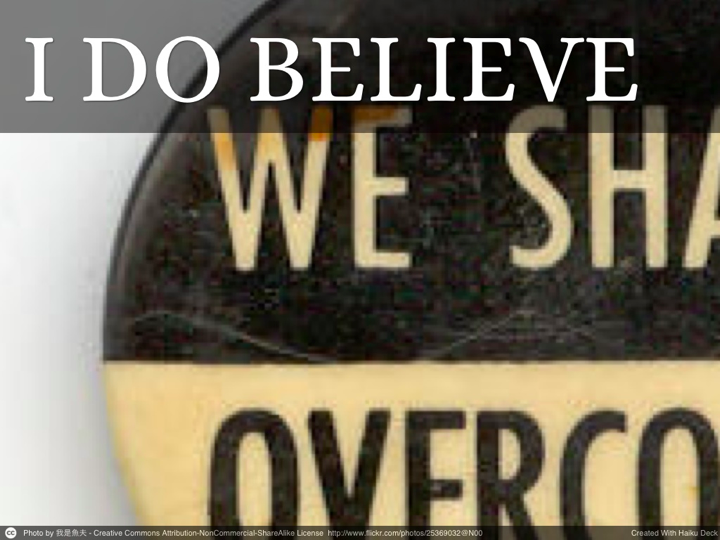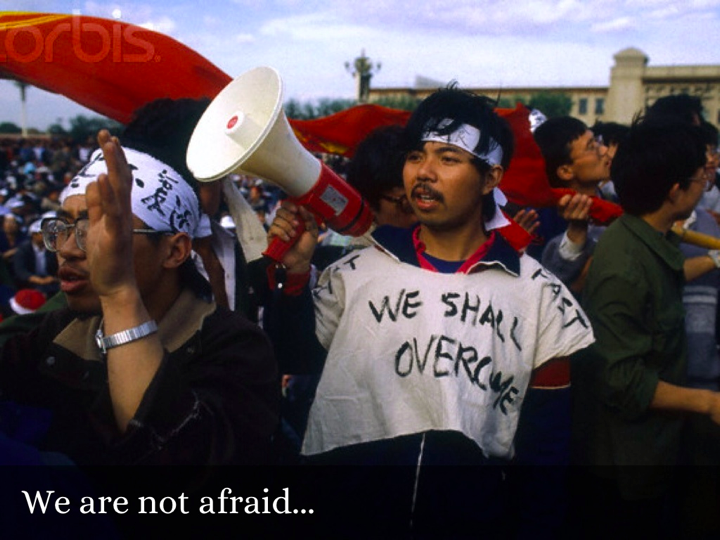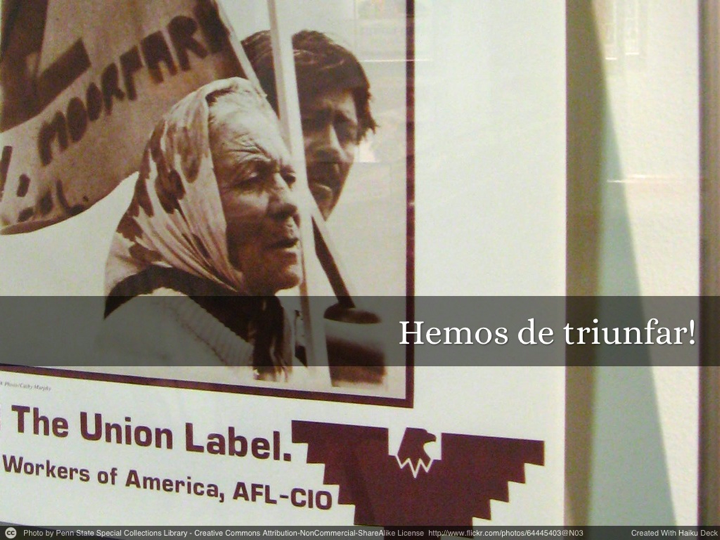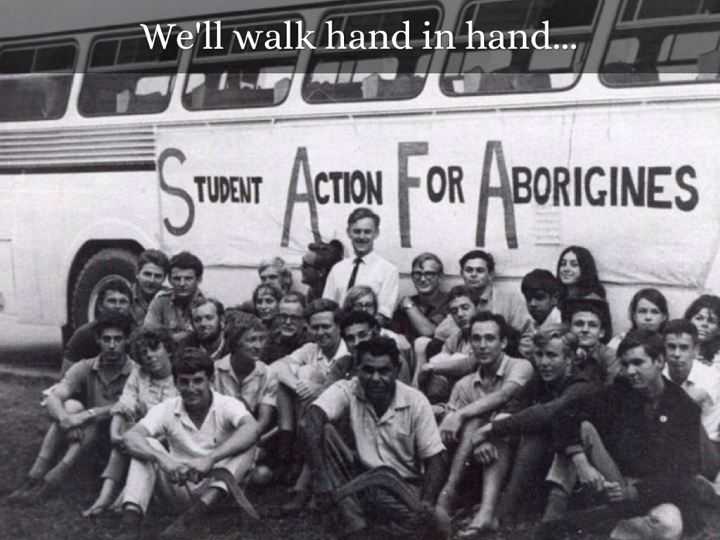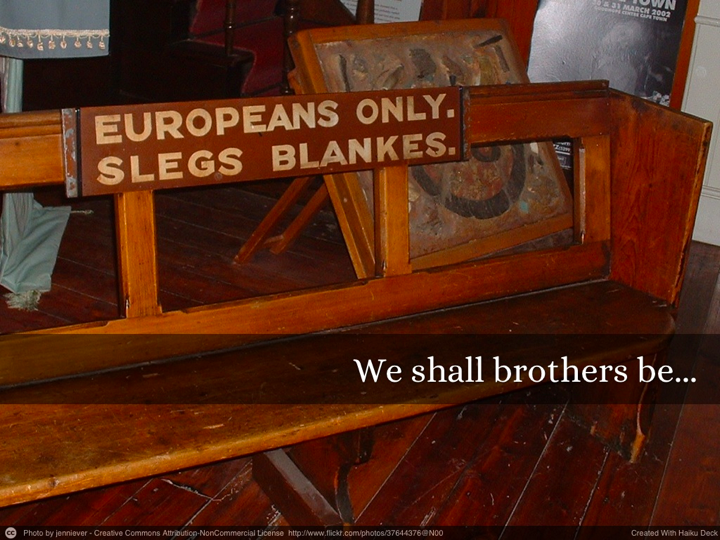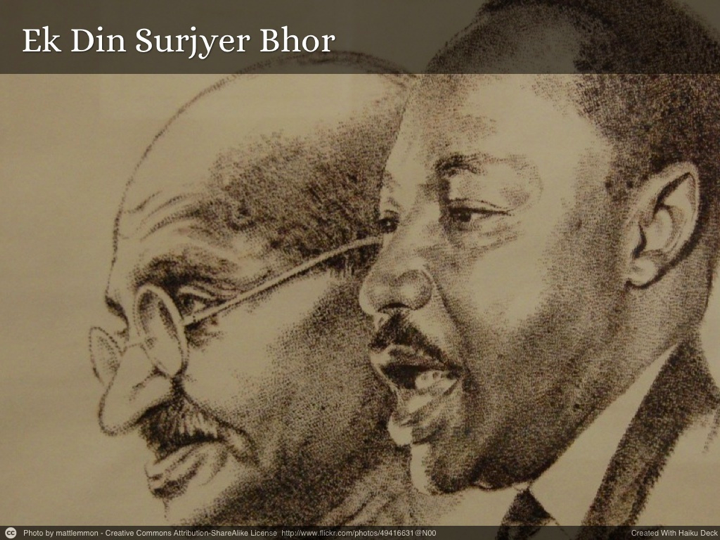PRAISE, PROTEST & PURPOSE
Remembering Our Story...Remembering Our Song
The story of a song such as hardly ever travels a straight path. It winds through time until it takes a place rooted firmly in the heart of humanity. “We Shall Overcome” is no exception. It first appeared as a protest song during a 1945–1946 labor strike of African American women workers against American Tobacco in Charleston, South Carolina. As picketers sang “I Will Overcome,” a song originally penned by composer Charles Albert Tindley, one of the strikers, Lucille Simmons, ignited by a spark of collective consciousness transformed Tindley’s “I” to “We” and the journey began.
In 1947, Ms. Simmons carried the song to Highlander Folk School in Monteagle, TN and introduced it to other labor activists. Zilphia Horton, head of the school’s cultural program would eventually share it with Pete Seeger, who, ten years later, would pluck it out on his banjo in front of a young Baptist minister name Martin King in September of 1957. The song soon became the anthem of the Civil Rights Movement of the 1950s and 1960s, offering courage, comfort, and hope as protesters confronted prejudice and hate in the battle for equal rights for African Americans.
From there the song blossomed into a world anthem:
- Migrant farmworkers in the United States sang it in Spanish when they went on strike in the late 1960s.
- Activist in South Africa sang it to protest against apartheid.
- The spirit carried in the song moved a group of 29 students from the University of Sydney to embark on their own Freedom Ride across New South Wales in 1965 advocating for the civil rights of Aboriginal people.
- In 1971, in India, the native land of Gandhi, during the Bangladesh war of Independence, the Calcutta youth choir recorded a translated version of the song. It became one of the best-selling Bengali records of all time.
- In 1989, Chinese students demanded greater freedom in their country. When they faced government tanks in Beijing's Tianamen Square, some of them wore T-shirts that said “We Shall Overcome.”
- It’s melody filled the air as the Berlin Wall was coming down.
Neither cultural differences nor language proved to be barriers for “We Shall Overcome.” All over the world, when people worked for equal rights peace and justice, the song became part of their struggle. The spirit of the age carried this song across the seas as an artistic, revolutionary expression of the oneness of mankind.
Years after apartheid ended, Nobel peace prize winner Archbishop Desmond Tutu of south Africa reflected on the songs role in the struggle:
“WE SHALL OVERCOME is not about eliminating an enemy" he said "it's about winning over a new friend."
It is in this Spirit that we dedicate this song to Lucille Simmons and the women who stood singing hand in hand with her.

